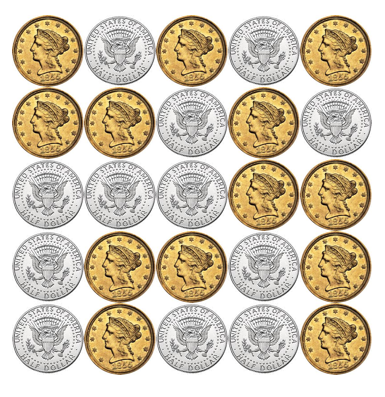But They Are Two Different Events!

One hundred identical coins, each with probability of showing heads are tossed. If the probability of getting 50 heads equal to that of getting 51 heads, find the value of .
Clarification : is a value in the interval .
This section requires Javascript.
You are seeing this because something didn't load right. We suggest you, (a) try
refreshing the page, (b) enabling javascript if it is disabled on your browser and,
finally, (c)
loading the
non-javascript version of this page
. We're sorry about the hassle.
With the probability of throwing a head being p , the probability of throwing a tail is 1 − p . Using the binomial theorem , the given information then translates to the equation
( 5 0 1 0 0 ) p 5 0 ( 1 − p ) 5 0 = ( 5 1 1 0 0 ) p 5 1 ( 1 − p ) 4 9 ⟹ 5 0 ! ∗ 5 0 ! 1 0 0 ! ( 1 − p ) = 5 1 ! ∗ 4 9 ! 1 0 0 ! p
⟹ 5 0 ! 5 1 ! ( 1 − p ) = 4 9 ! 5 0 ! p ⟹ 5 1 ( 1 − p ) = 5 0 p ⟹ 5 1 = 1 0 1 p ⟹ p = 1 0 1 5 1 .